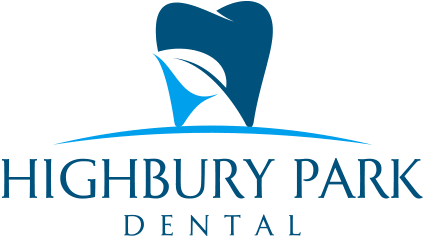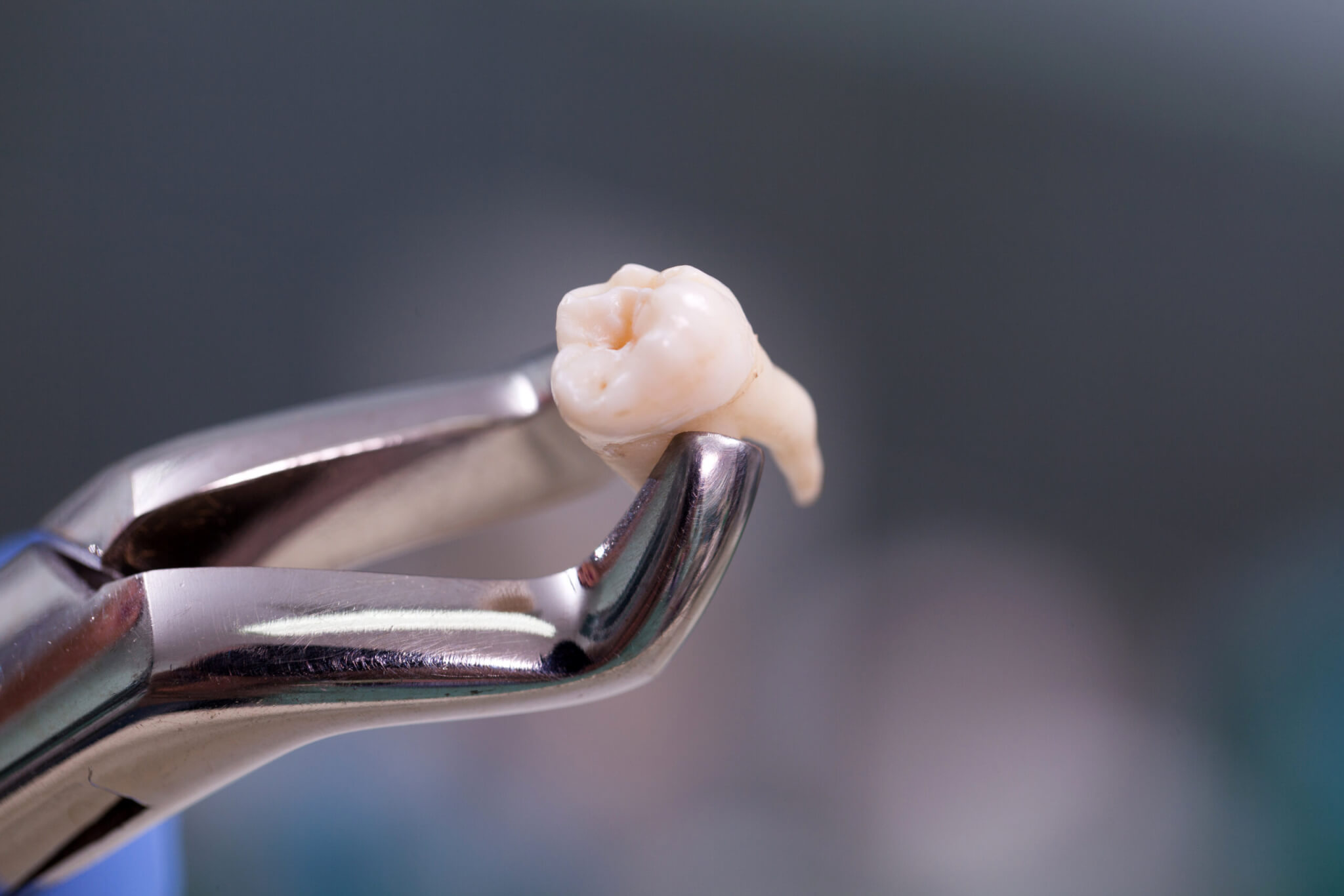Making Sure That You’re Ready
Around 80% of people in Canada have a dentist, but not all Canadians visit their dentist as regularly as they should. As a result, some Canadians suffer from various dental problems such as tooth infections, cavities, tooth decay, gum disease, and so on. In many cases, if a tooth becomes decayed or damaged enough, it will have to be removed.
But how can you know if you need to have a tooth removed? Fortunately, preparing for tooth extraction isn’t difficult. Learn more about it below.
Reasons You’re Having A Tooth Extracted
There are many reasons why you may need to have a tooth extracted. For example, you may have a tooth infection that has destroyed the root of your tooth. If your tooth dies as a result of this, it is only natural to extract that tooth.
Also, sometimes severe infections require tooth extraction to prevent the infection from spreading. If your tooth has been severely chipped or otherwise damaged (such as with tooth decay), you may also need to have it extracted. This is because there is often no other treatment for such teeth.
Wisdom teeth can also develop in an improper way that may put the rest of your teeth at risk unless they’re extracted.
Why Having Your Extraction Is Better Sooner Than Later
When you prepare for tooth extraction, it is better to extract a tooth sooner than later because the longer you wait, the worse the problem usually becomes. For example, if you need to remove a tooth due to an infection, it is best to get it done as soon as possible. If you wait, there is a good chance that the infection could spread to the rest of your teeth.
This could damage your other teeth, but the infection could also spread to the rest of your body as well, which could cause dangerous consequences for your health. It is also better to extract a tooth sooner than later so you don’t have to worry about it for a longer period of time.
Instead, you can just get it over with.
What You Should Do Before
You should always make sure your teeth are clean as you prepare for tooth extraction. That way, no particles of food or other debris will be in the way of the extraction. You should also talk to your dentist beforehand and ask questions.
That way, you will have a better idea of what to expect once it’s time for the procedure.
What Tooth Extraction Are You Having?
It is a good idea to know what types of tooth extraction you are having before you go through with the procedure. Are you getting a wisdom tooth extracted or are you dealing with an infected or dead tooth? Is your tooth chipped or damaged?
Are you dealing with a simple tooth extraction or will surgery be necessary? Once you know what kind of tooth extraction you’re going to have, you’ll know more about what to expect. Most dentists provide information beforehand to explain how to prepare.
Medical Information To Tell Your Dentist
You will always want to tell your dentist important medical information you may have before you go through with the procedure. For example, you should tell your dentist what kind of medications you are taking, especially blood-thinning medications.
You should also alert your dentist to any health conditions you may have, as they may interfere with the procedure in some cases.
As long as your dentist says you’re okay to go through with the procedure, you shouldn’t have anything to worry about.
Go Over Potential Risks
As with any invasive procedure, there are always risks to consider. In the case of a tooth extraction, you’ll have to consider the risk of developing an infection. Usually, as long as the dentist does the job properly and you keep your mouth clean, an infection shouldn’t occur, but there is always a chance that it could happen.
You may also develop a dry socket. This is a condition that often affects people who get their wisdom teeth removed, but it can be treated as long as you catch it early.
Choosing a Sedation Option
Choosing a sedation option is important to ensure that you don’t feel any pain during the procedure. Nitrous oxide or laughing gas is a type of sedation, but it is often used with other medications for tooth extraction since it isn’t strong enough to block the pain by itself.
Oral sedation or IV sedation are often preferred. In the case of surgical extraction, anesthesia may be necessary.
What You Should Do After The Tooth Extraction
Caring for your mouth after a tooth extraction is very important. Without proper care, you may develop an infection.
But what should you do? Fortunately, tooth extraction aftercare isn’t difficult.
Recommended Aftercare
Using antimicrobial mouthwash a few times every day will keep the site clean. Don’t forget to brush your teeth, but be careful around the site of the extraction.
If your dentist gave you antibiotics, be sure to take them as directed. For about two days after the procedure, don’t strain yourself. Instead, relax and give your body some time to recover.
The Takeaway & Booking Your Extraction
Learning how to prepare for tooth extraction isn’t hard, but there are certain things you should consider. For example, be sure that you know what extraction you’re dealing with, what sedation option you’re using, and how to care for the site afterwards.
If you think you may need a tooth extracted, book an appointment with Highbury Park Dental.

